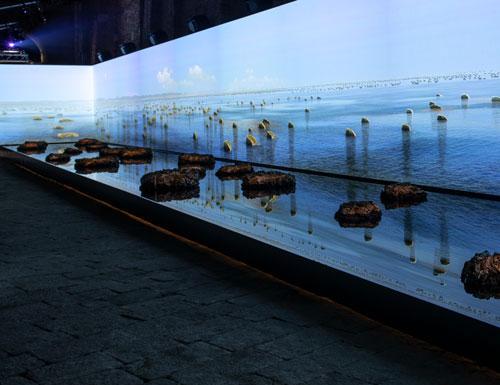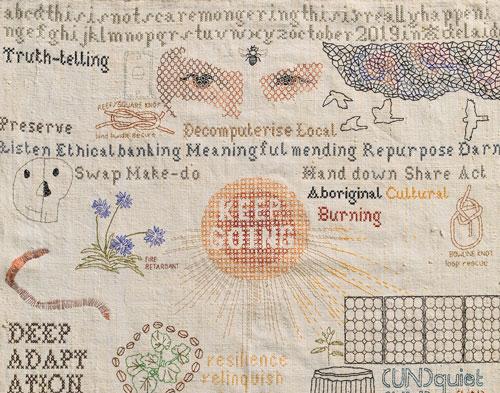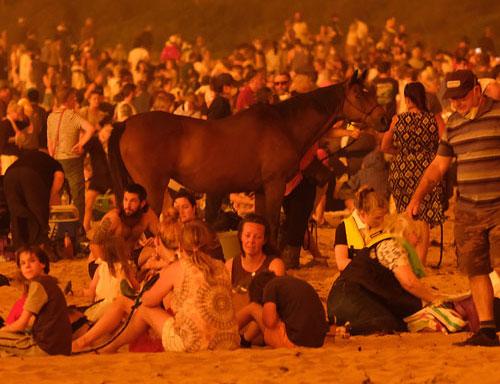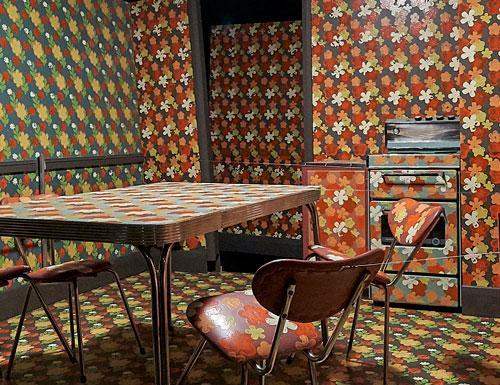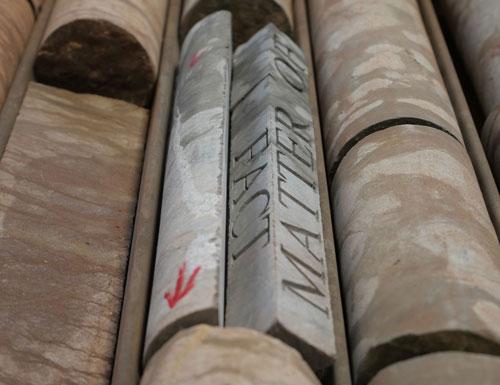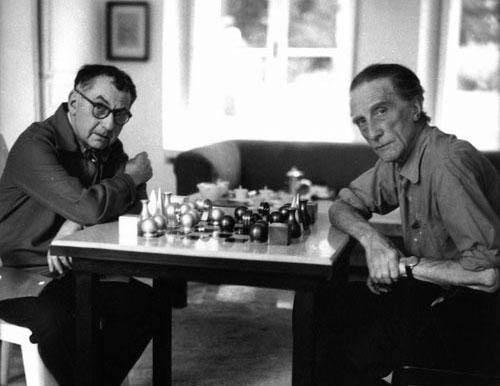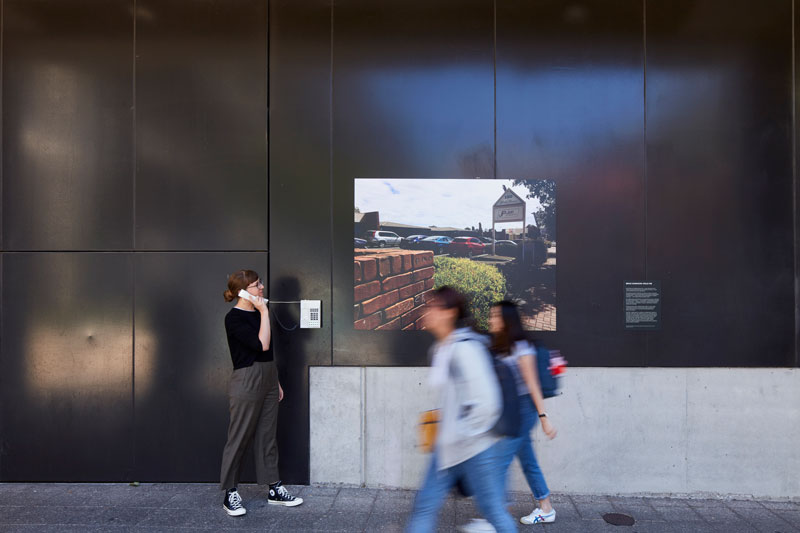
Life now imitates art in ways that stretch even the most creatively adaptive and dire imaginings regularly featured in Artlink. We’ve done with theorising the Apocalypse, now it is upon us, as we lock ourselves away to avoid COVID-19, and grapple with the ever-present task of mourning and curtailing the further destruction of our natural environment in the wake of the recent bush fires. In our latest issue, It’s Time (40:1), Ian Milliss has written on “Art in the time of the burning” and Sera Waters tackles “Crafty prepping”, with the attention on strategic cultural interventions for our own safety and survival. The world of the cyberpunk prepper is also championed here by Darren Jorgensen through do-it-yourself technological responses to our data-driven surveillance world.
Life is, as it were, on hold for now, as Brad Darkson’s work Hold Me (2020), shown as part of the 2020 Adelaide//International at the Samstag Museum, eerily anticipated. Just by picking up the phone, you could listen in on a frustrated conversation between Darkson and a Centrelink call centre worker trying to unravel the ramifications of a robo-debt, interspersed with call-waiting background music. As Chloé Wolifson points out in her review, “A side-effect of our pandemic world is that social welfare has become a reality for many who never previously believed they would need it.” Now we are all “joining Darkson in the ever-lengthening Centrelink queue.”
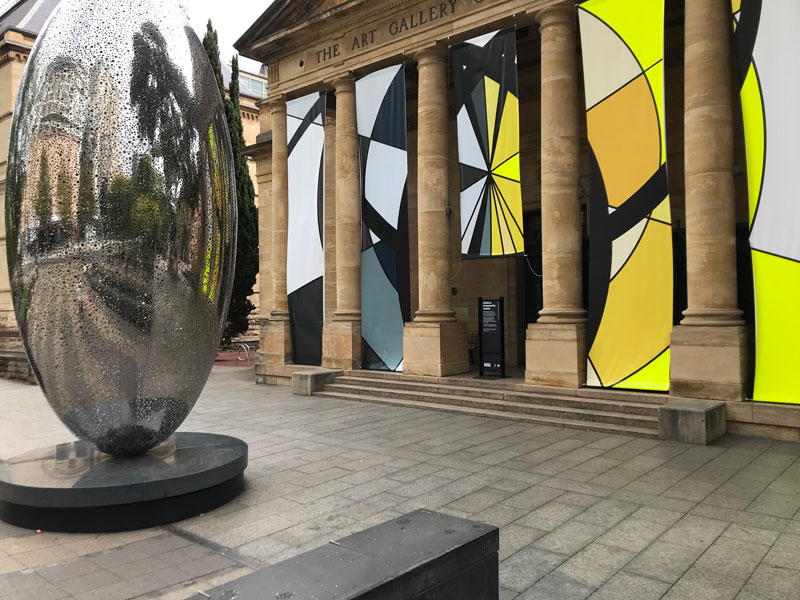
Likewise, Gemma Weston’s delayed review of the 2020 Adelaide Biennial of Australian Art: Monster Theatres goes further to point out how times have changed, “Now, opening across what will come to be known as a dividing line of history, the exhibition finds itself again at the mercy of a context its artists or its curator could hardly have anticipated”, reflected in the bright yellow toxic banners and “sick bay” apparel by Mikala Dwyer that lights up the entrance of the Art Gallery of South Australia to signal biological hazard.
With the doors now firmly shut and bolted on both exhibitions launched during the Adelaide Festival, we face new challenges on learning that our application for 4-Year funding from the Australia Council was unsuccessful, a fate we share with industry colleagues, the Australian Book Review, Art Monthly Australasia, Eyeline, The Lifted Brow and Overland. This strikes us as particularly short-sighted in a time of mass social lockdown, economic downturn, reduced travel and (we hope) the establishment of a lower carbon footprint that sees an end to some of the excesses of global cultural tourism, to rethink the local through an openness to more virtual economies and lines of communication. Now more than ever, we need you – the reader and the cultural producer – to continue the bold narratives. In the meantime, we will be doing what we can to release more online in the coming weeks.

